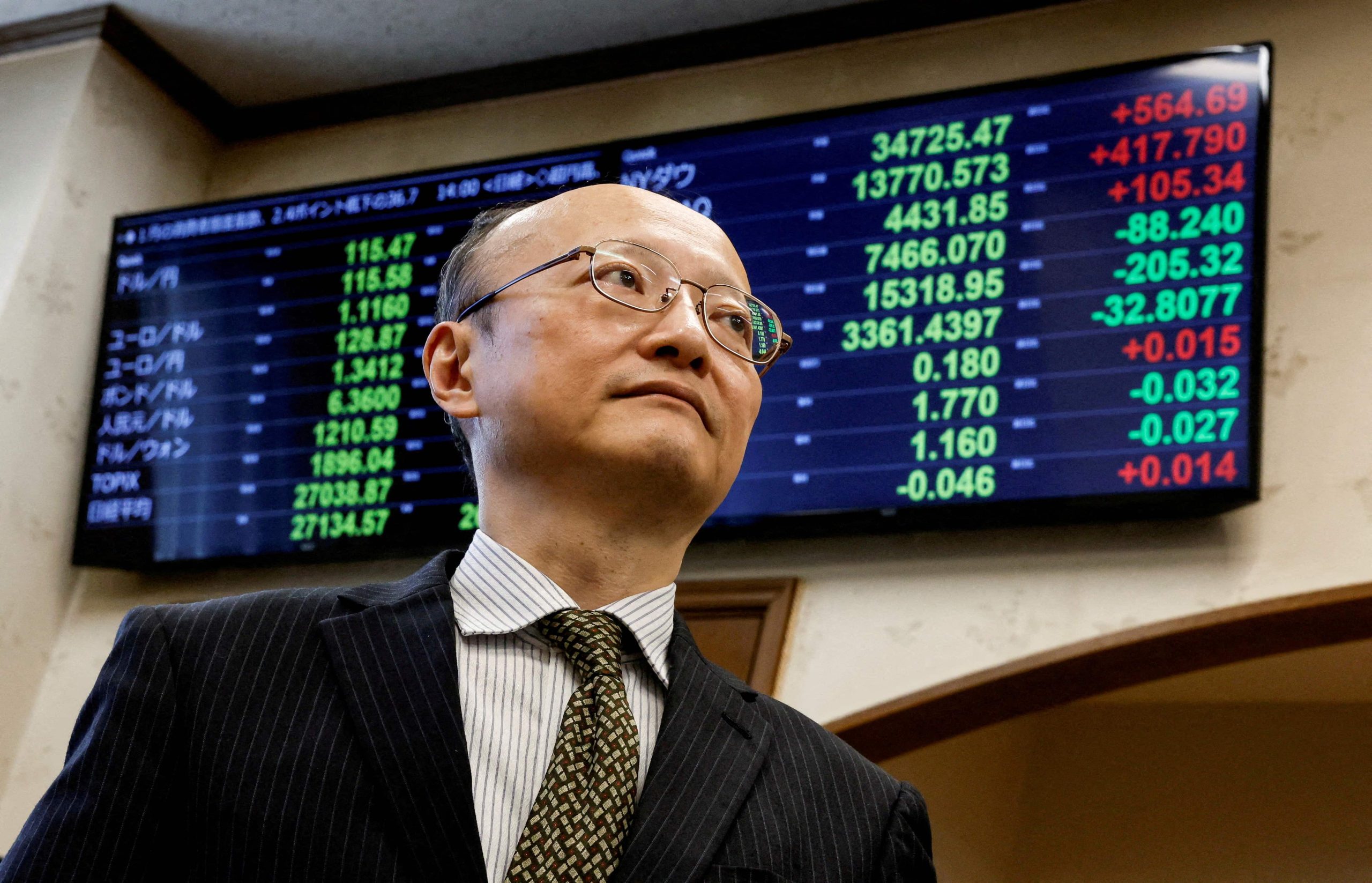Japan’s Efforts to Address Yen Depreciation at G7 Summit
Overview
During the recent Group of Seven (G7) finance leaders’ summit in Italy, Japan intensified its efforts to reverse the yen’s excessive depreciation. This move came after a surge in bond yields to a 12-year high that did not halt the currency’s decline. The Japanese government and central bank’s coordinated efforts highlight the challenges policymakers face in balancing currency stability and economic growth.
Key Points
- Japan’s push to reverse yen depreciation at the G7 summit
- Concerns over the impact of excessive yen depreciation on consumption
- G7 finance ministers’ commitment to avoiding foreign currency rate volatility
- Potential currency-market intervention by Japan
- BOJ Governor’s stance on monetary policy normalization
- Market expectations of interest rate hikes and bond purchase cuts
Market Expectations and Policy Actions
Despite the recent increase in bond yields and concerns over consumption, Japan remains committed to stabilizing the yen. The Bank of Japan (BOJ) has hinted at potential interest rate hikes in the near future, depending on economic conditions and inflation reaching the 2 per cent target. However, challenges such as stagnant pay increases and flat service-sector inflation pose obstacles to this goal.
Analysts’ Perspectives
Analysts speculate on whether the BOJ will reduce its bond-buying operations to address the yen’s decline. While some anticipate a cut in bond purchases at the upcoming policy meeting, others remain cautious about the potential impact on the yen’s value. Market reactions to policy shifts and the BOJ’s measured approach are closely monitored for further insights into Japan’s economic outlook.
















































